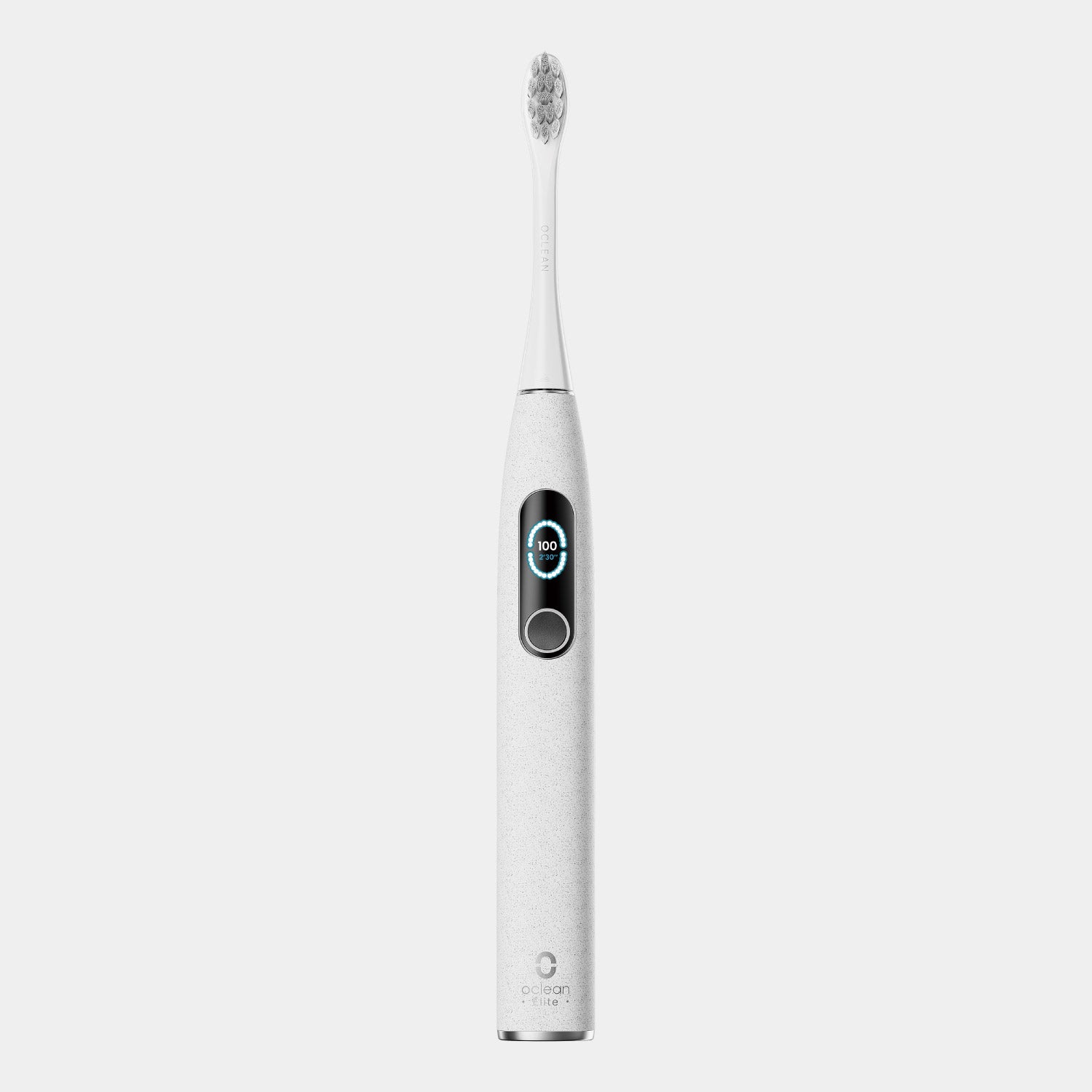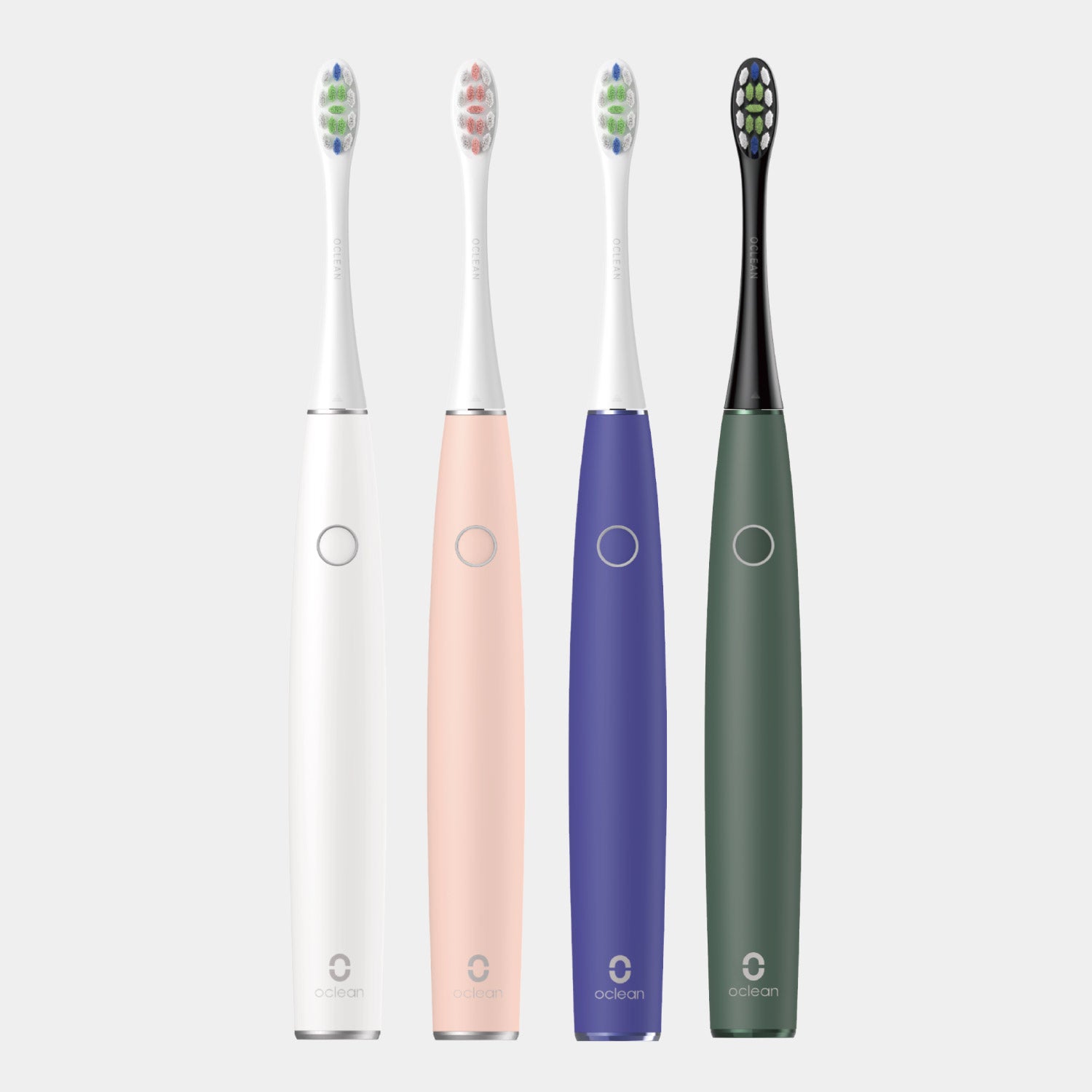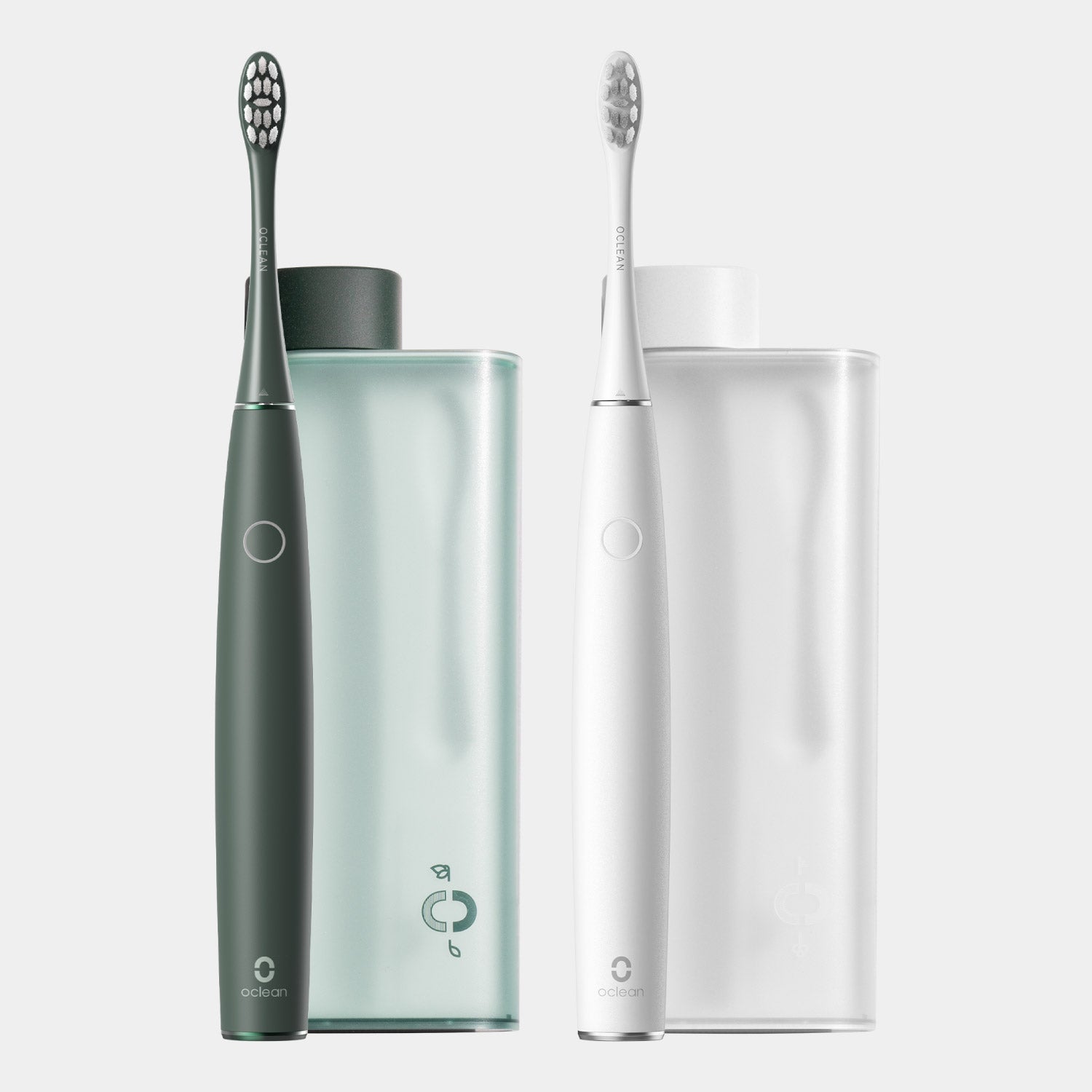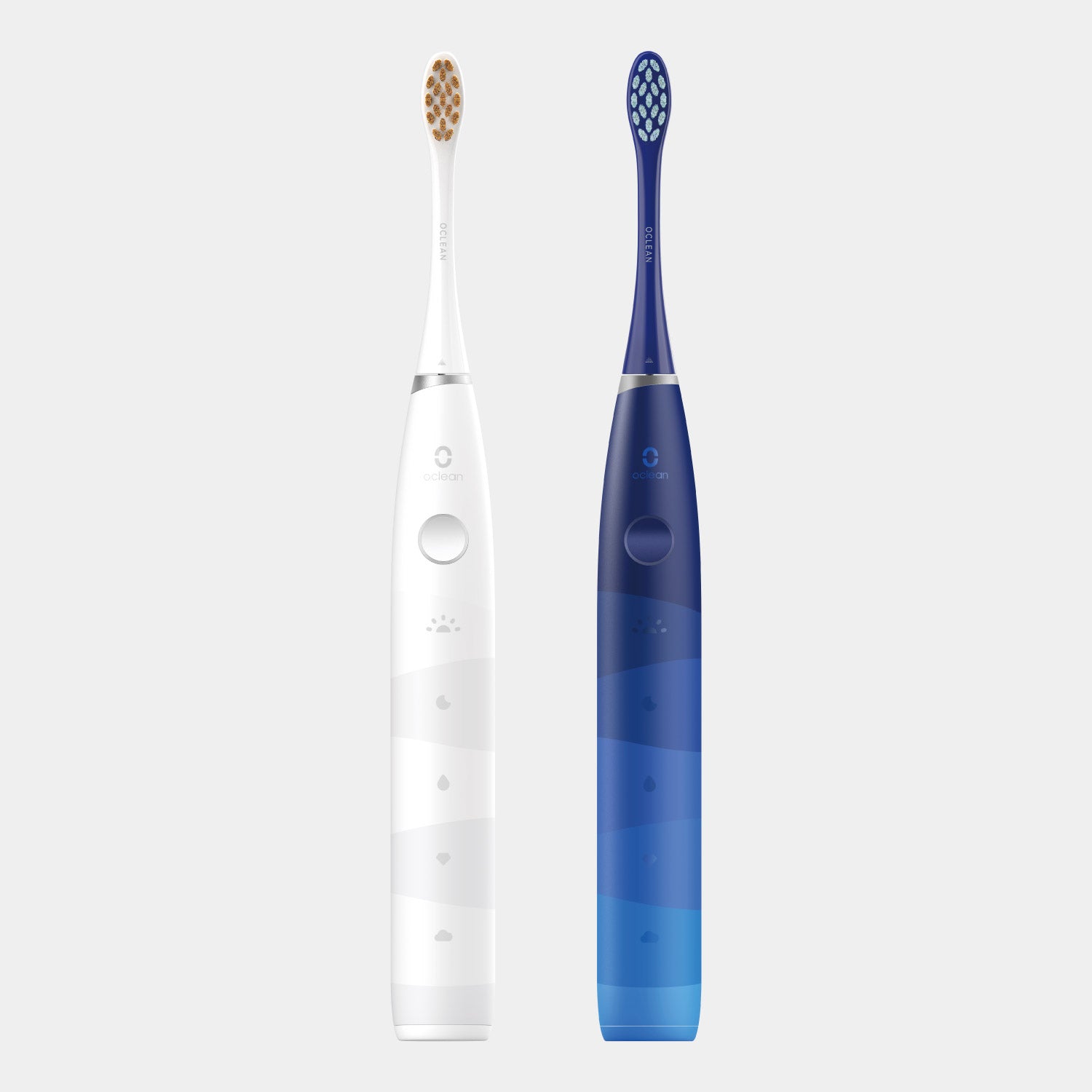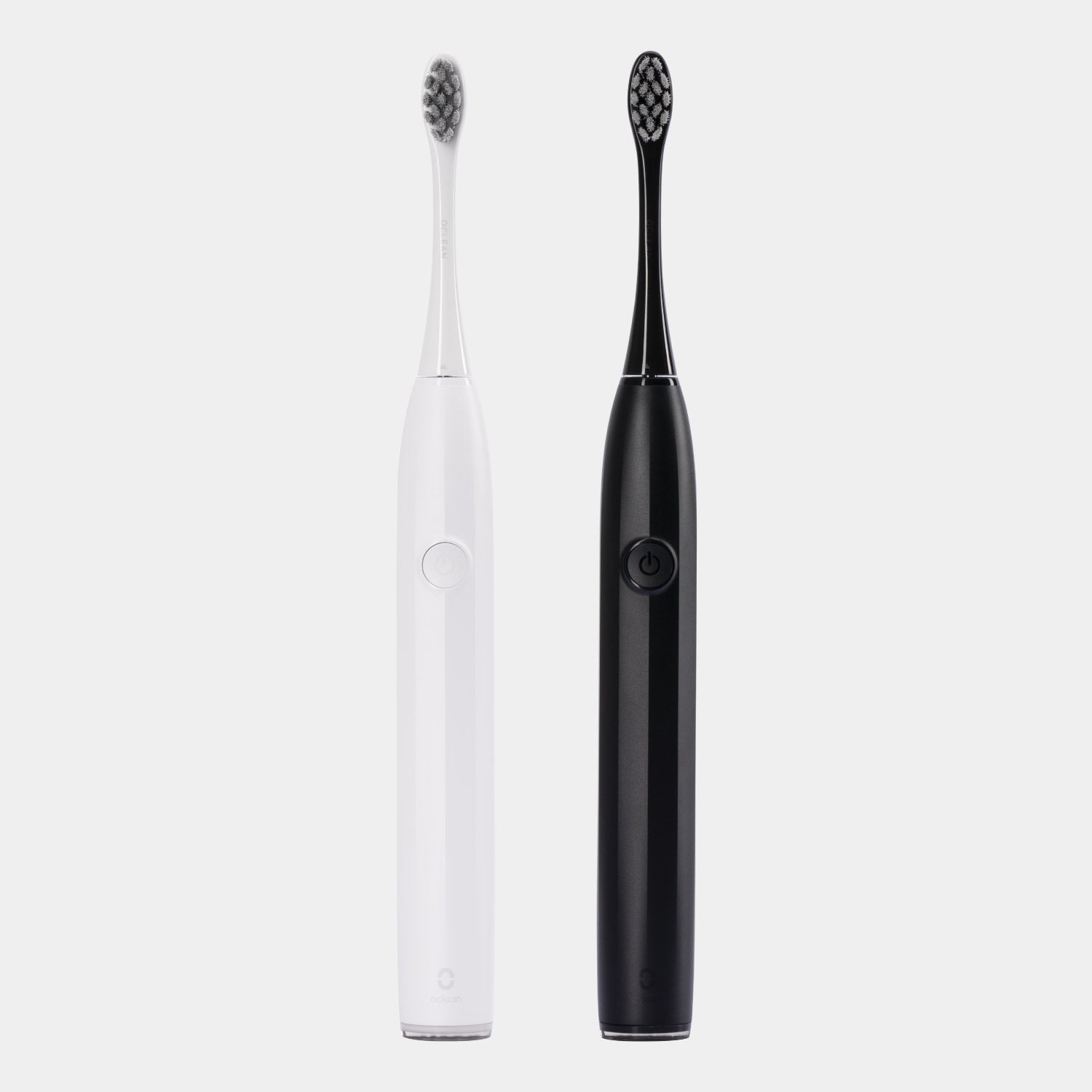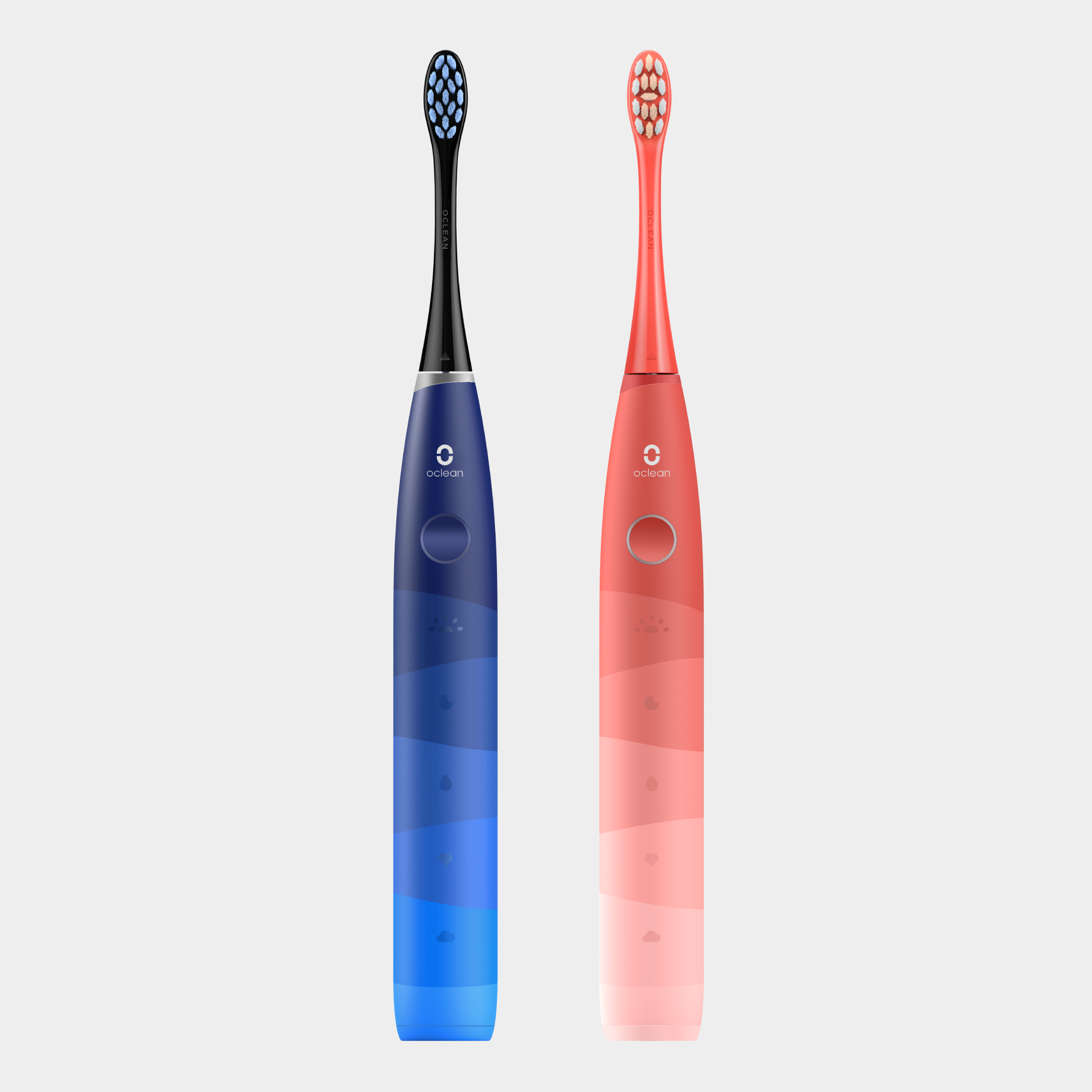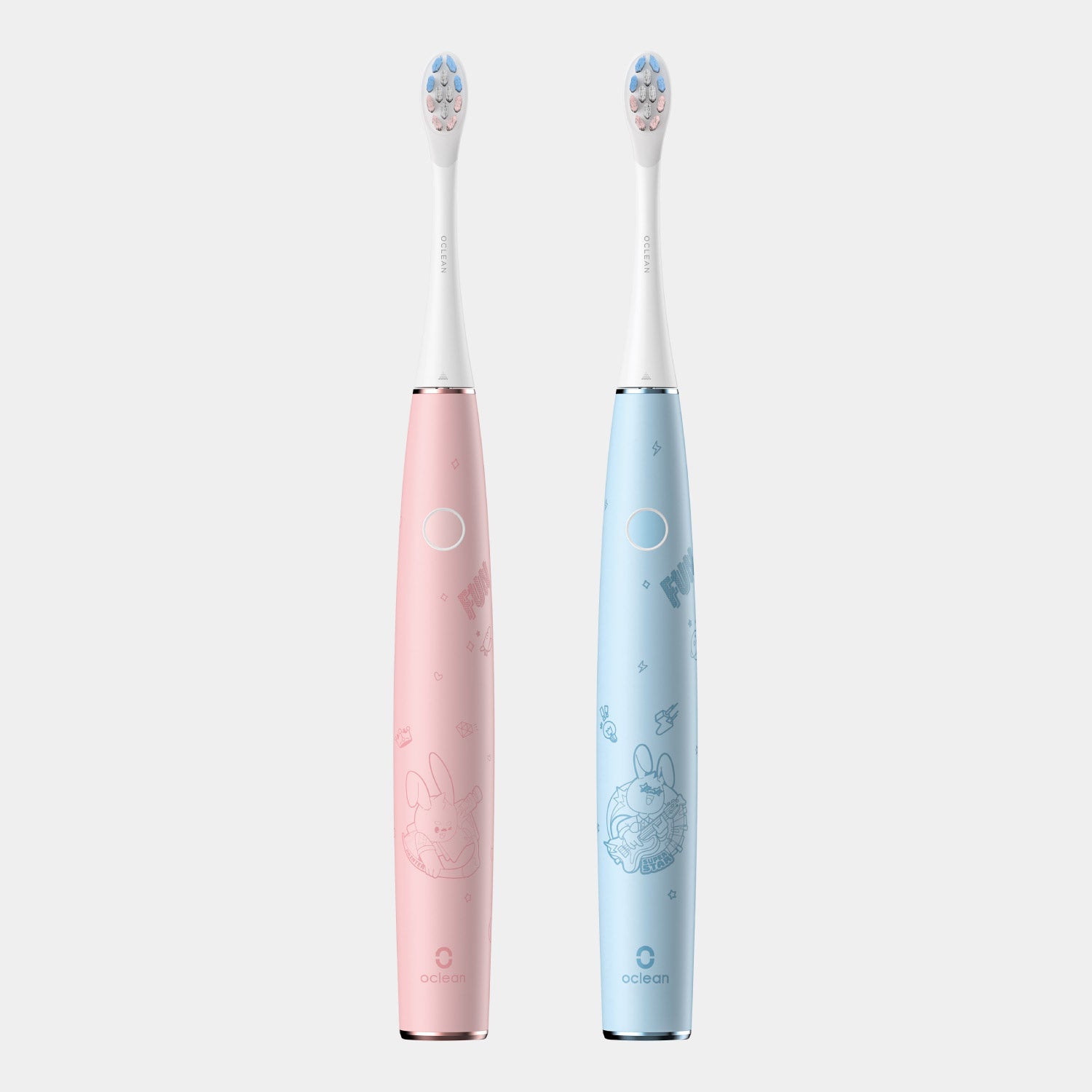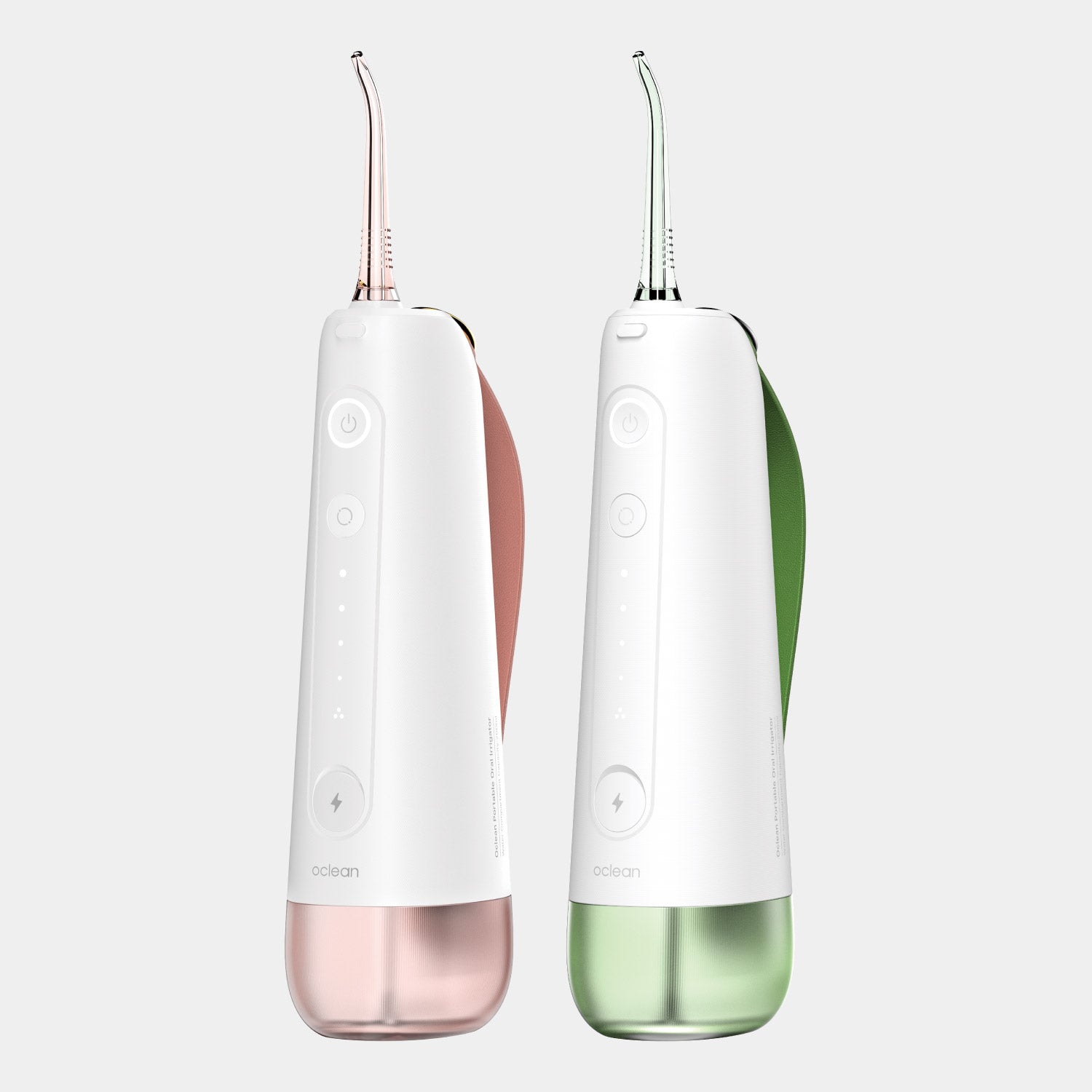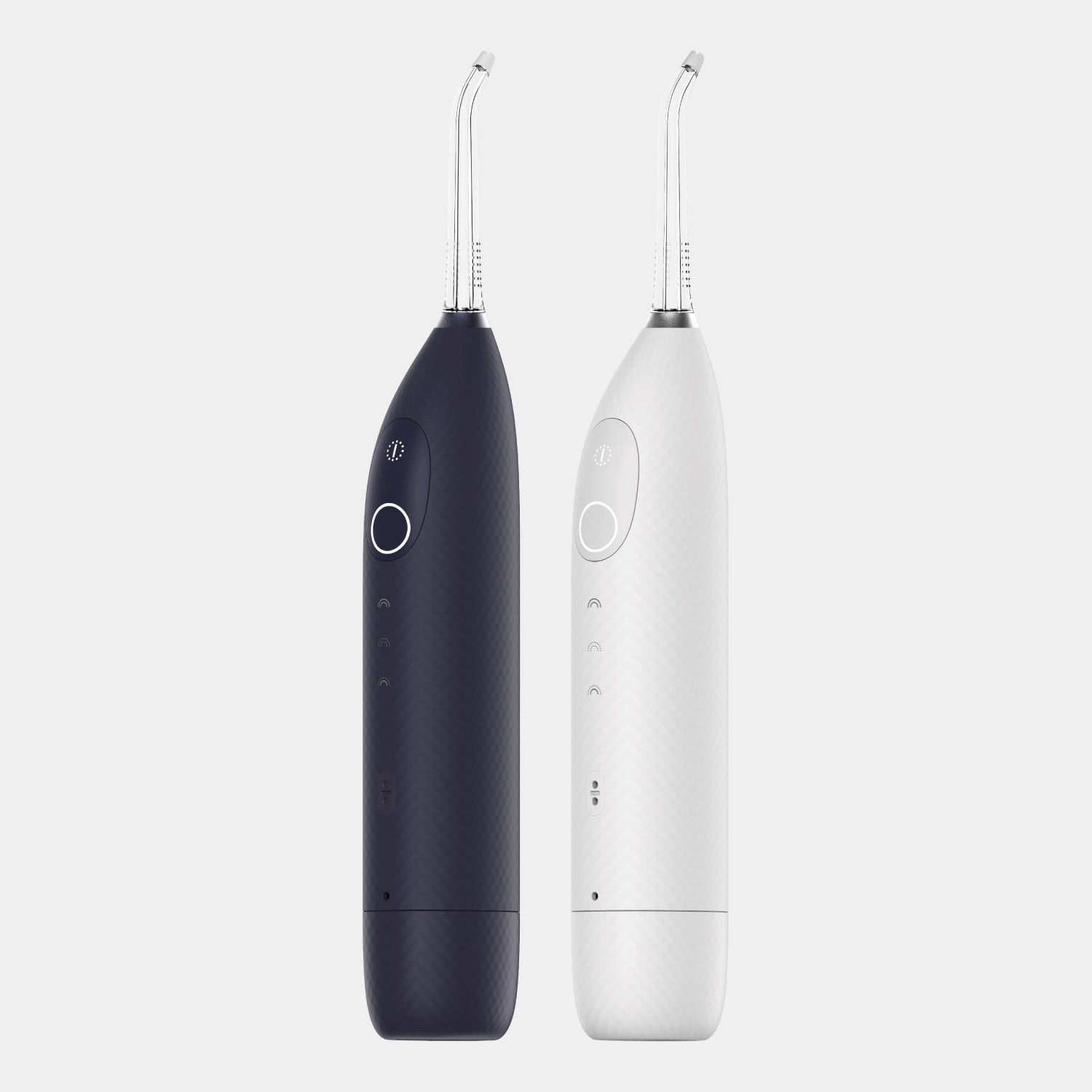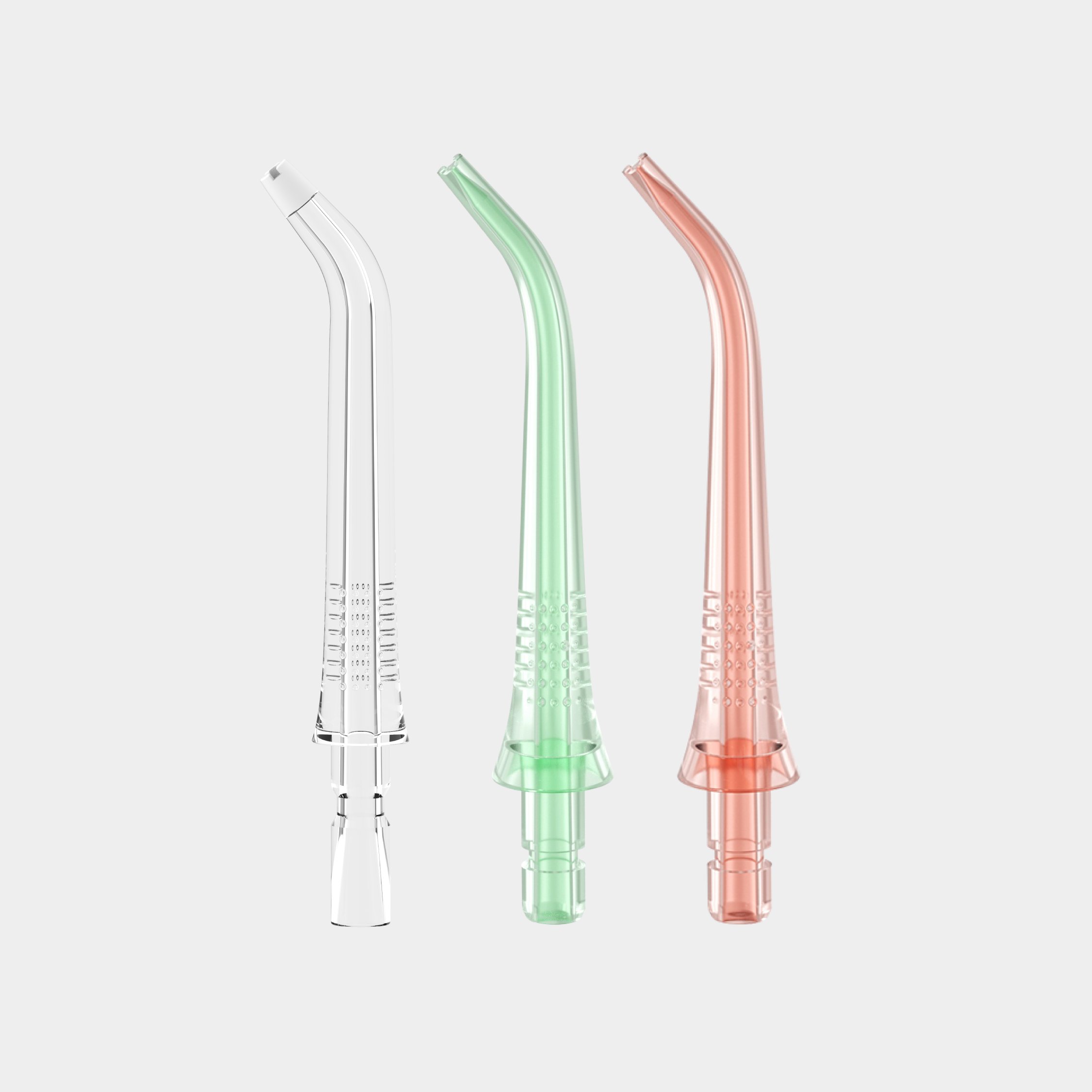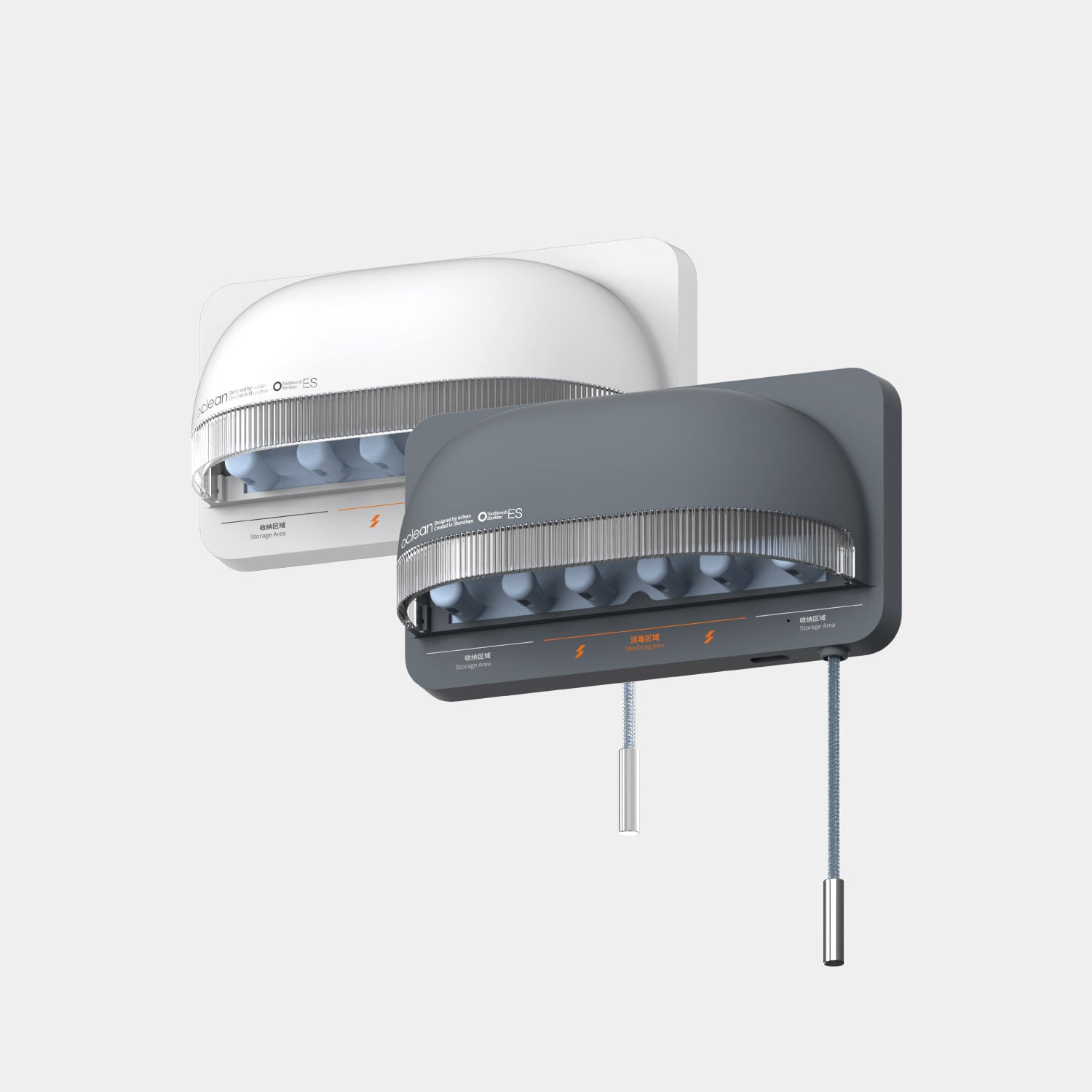It is quite normal to want to get on top of the pain and discomfort associated with having your wisdom teeth removed. Knowing when to start your medication can make all the difference in the world for a smooth recovery. Although the healing process may vary from person to person, it is always best to follow your dentist's or oral surgeon's advice for the most favorable results.
Taking your prescribed pain relief medicine at the right time can help reduce swelling and control pain. Let’s talk about the right timing to start your medicine and answer your question “When should I start my wisdom tooth medicine” and ensure a more comfortable healing journey.

Do You Feel Wisdom Tooth Pain?
Wisdom tooth pain is a common problem. It usually arises from impacted wisdom teeth, teeth that have not fully come out because of lack of space in the mouth. About 70% of people are estimated to have at least one impacted wisdom tooth. [1]
If left unattended, impacted wisdom teeth can damage the surrounding teeth or even form cysts. At the back of the mouth, they are also hard to clean, further compromising oral hygiene.
Symptoms of Wisdom Tooth Pain
Common symptoms include:
- Pain, swelling, or stiffness of the jaw.
- Swollen, tender, or bleeding gums.
- Difficulty opening your mouth, or chewing.
- Bad breath and bad taste.
- Fever or signs of infection.
How Long Does Wisdom Tooth Pain Last?
The duration of the pain of wisdom teeth varies. In mild discomfort associated with the eruption, pain usually resolves after several days. Pain associated with impacted wisdom teeth will, on the other hand, persist until the tooth is removed.
Removal of Wisdom Teeth
Wisdom teeth removal is a common surgical procedure. It is often recommended when these teeth cause pain, infection, or other complications. However, not all wisdom teeth need to be removed. Dentists typically use X-rays to find out whether removal of wisdom teeth is necessary based on the position and condition of the teeth. [2]
Wisdom Tooth Surgery
The surgery can be more or less complex depending on how deeply the teeth are impacted. Common approaches include:
- Local Anesthetic: It generally numbs the area. Thus, making the procedure painless.
- General Anesthetic or Nitrous Oxide: It is used for more complex cases or to ensure the patient remains comfortable.
During the procedure, your dentist or oral surgeon may stitch the extraction site to aid in the healing process. Soreness, swelling, and minor bleeding are normal for a few days after surgery.

Possible Complications After Wisdom Teeth Surgery
Dry socket or alveolar osteitis is one of the important complications that might occur after the removal of the wisdom tooth and is a situation where the wound at the site of extraction fails to heal. Symptoms include severe pain and a bad smell. [3] A dry socket is more common in smokers or people with slow healing but is effectively treated by a dental professional.
Wisdom Teeth Extraction Recovery
Recovery from wisdom tooth surgery takes time, sometimes longer or shorter, depending on the difficulty level of the surgery and the rate at which one heals. Your body is busy repairing the wound by closing it up, reducing swelling, and regenerating tissue lost during surgery. [4]
It usually is divided into stages in the healing process:
- First 24 Hours: Blood clots form at the extraction site. Avoid disturbing these clots so that healing can occur. [5]
- 2-3 Days: Swelling in the cheeks and mouth should start to resolve.
- 7-10 Days: Jaw stiffness and soreness generally subside. And any sutures – if not absorbable – are removed by your dentist.
- 2 Weeks: Mild bruising of the face should be completely gone.
Common Symptoms to Expect During Recovery:
- Mild bleeding especially in the first 24 hours
- Stiffness of the jaw or limited ability to open the mouth
- Mild fever or light-headedness, resulting from the anesthesia or pain medication
- Difficulty chewing or swallowing
When Should I Start My Wisdom Tooth Medicine?
You should start taking wisdom tooth pain medication as soon as you feel discomfort after the local anesthetic wears off. It is typically within the first 12 to 24 hours after the wisdom tooth removal surgery. Sometimes it helps you to stay ahead of the pain and helps manage pain effectively and prevent it from worsening.
Managing pain after the removal of wisdom teeth requires great caution with medication:
For Mild to Moderate Pain:
Take one or two tablets of Tylenol (acetaminophen) or Extra Strength Tylenol every 3-4 hours. Do not take Tylenol if you are already taking a prescription medicine that contains acetaminophen.
Over-the-counter ibuprofen (Advil, Motrin) can be taken between prescription doses. Use 200 mg tablets, taking 3-4 tablets every 6 hours (up to a daily limit of 3200 mg for adults). [6]
For Severe Pain:
Follow the prescribed medication regimen. For most patients, it is possible to achieve around-the-clock pain relief by alternating ibuprofen with the prescription pain medicine every three hours (e.g., prescription at 12:00, ibuprofen at 3:00).
Important Notes
- Do not take any medication if allergic or contraindicated by your doctor.
- Avoid driving, using machinery, or drinking alcohol while taking prescription pain medicines.
- If the pain lasts longer than what is expected, you should consult your dentist for further consultation.

Post Wisdom Teeth Removal Care
Proper aftercare is essential for a smooth recovery after wisdom teeth removal. Proper aftercare is very important to ensure smooth recovery after wisdom teeth removal. These instructions are important in the facilitation of less pain, swelling, and complications such as infection or dry sockets.
1. Managing Discomfort
Take ibuprofen (such as Advil® or Motrin®) as directed, unless you are allergic or intolerant. [7] If your pain is not relieved by ibuprofen, you may take your prescribed narcotic in addition to the ibuprofen. Always take pain medication with food to help prevent nausea.
2. Bleeding After Wisdom Teeth Removal
Bleeding is considered quite normal following wisdom teeth extraction. [7] It is a common part of the healing process. When a tooth is extracted, the body forms a blood clot at the site to protect the area and start healing. While slight bleeding and a reddish tint in saliva are normal, excessive bleeding should be addressed immediately to avoid complications.
Key Practices for the Control of Bleeding:
Here’s how to manage post-op bleeding effectively:
- Initial Care: Bite down firmly on the gauze placed over the extraction site with steady pressure. This helps form a clot and usually stops bleeding within one to two hours.
- Gauze Replacement: Remove the gauze to eat or take prescribed medication and then replace the gauze as needed. The gauze is placed directly over the extraction site.
- Excessive Bleeding: If bleeding continues, rinse gently to remove clots; replace with fresh gauze and bite down tightly for 30 minutes. For excessive bleeding, wet a black tea bag under warm water and place it – the tannic acid helps in forming clots. [8]
-
To Prevent Further Bleeding: Sit in an upright position. Avoid spitting. Avoid intense activities. Light or slight seepage – light red or pink, is a normal case. When the bleeding is not stopped call your dentist immediately.
3. Oral Hygiene
Rinsing: Begin saltwater rinses the day after surgery. Mix 1 teaspoon of salt into a cup of warm water. Rinse gently 3–4 times a day after meals for a week.
Brushing: You may resume brushing your teeth the day after surgery. You should avoid the surgical site with your toothbrush; instead, use a soft-bristled sonic electric toothbrush to gently clean your teeth.
4. Activity Restrictions
Avoid high-level activity including running for 3 to 5 days after surgery. High-level exercise raises the chances of swelling and bleeding. Can start exercising as tolerated after 5–7 days and based on physician's advice.
5. Antibiotics
If this has been prescribed, take antibiotics as directed. This will help prevent or treat infections. If you notice any rashes or other signs of allergic reaction, stop and call your dentist right away.
6. Nausea Management
Pain medicines frequently cause nausea. If you are nauseated, sip on ginger ale or tea very slowly. You can reduce nausea by eating a small amount of soft food before taking your prescription pain medication and drinking plenty of water with it.
When Does Swelling Stop After Wisdom Teeth Removal?
Swelling following wisdom teeth extraction is normal. The swelling should subside within a week or ten days, though complete healing may take as long as two weeks.

Swelling Timeline
- Day of Surgery: Swelling is not as noticeable initially and begins to increase within the first 24 hours.
- Day 2–3: Swelling peaks at this time. This is normal and part of the body's healing response.
- Day 4 onwards: The swelling gradually starts going down. The swelling has considerably gone down by day 7–10.
How to Reduce Swelling
- Apply ice for 20 minutes on, and 20 minutes off to the affected area.
- Continue icing throughout the first day until bedtime. Ice reduces inflammation but is not effective after the first 24 hours.
- Sleep with your head propped up on two pillows for the first 2–3 nights. Elevation helps reduce swelling and encourages drainage.
How Long Does the Pain Last After Wisdom Teeth Removal?
The period of enduring pain after extraction of wisdom teeth varies from case to case. Painful sensations are always more intense the first 2-3 post-surgical days and then fade away with time. At the end of one week, most individuals manage to get far better, with some minor soreness and sensitivity that persists for as many as two weeks in some cases.
What Can You Eat After Wisdom Teeth Removal?
Soft or liquid foods after surgery help protect the healing wounds. While your diet can progress as you heal, it's important not to include hard, crunchy, or sticky foods early on.
Day 1: Stick to Liquids
- Milkshakes (smooth, no seeds or chunks)
- Broths and creamy soups
- Applesauce
- Smooth yogurt
Day 2 and Beyond: Soft Foods
- Mashed potatoes or boiled rice
- Soft pasta or macaroni and cheese
- Scrambled eggs
- Pancakes or waffles-no syrup if sticky
- Oatmeal or cream of wheat
Foods to Avoid (First 2–3 Weeks)
- Seeds, nuts, popcorn
- Hard or crunchy foods such as chips or pretzels
- Sticky candies or gum
- Spicy or very hot foods
Diet Tips for a Faster Recovery
- Avoid drinking liquids with a straw for the first 7 days as the sucking action may dislodge the blood clots.
- Keep up your fluid intake with 5–6 glasses of liquid a day.
- Resume normal eating, when comfortable but concentrate on foods that are higher in protein and calories for efficient wound healing:.
Oral Hygiene After Wisdom Tooth Removal Surgery
Good oral hygiene after surgery in the wisdom teeth area will help with the healing and stay free from possible infection. For the first 24 hours following surgery, do not brush or rinse vigorously.
After this period, gently brush all your teeth as you normally do, including those around the surgical site. Practice effective yet gentle cleaning using a soft-bristled sonic toothbrush, such as the Oclean X Pro Elite Sonic Toothbrush with a smart screen that displays brushing results in real-time to ensure the best oral care.

The Bottom Line
Pain management and proper care are very important after the removal of wisdom teeth to ensure a smooth recovery. Pain medication should be started within 12-24 hours following surgery, beginning with over-the-counter medications unless more discomfort is experienced, in which case prescribed medications can be used.
Please keep your mouth clean by gently brushing your teeth and rinsing with warm saltwater; for the first 24 hours, do not be too vigorous. If treated well and looked after, you will be back to normal before you know it – keep smiling and follow those post-operative instructions for the best possible outcome!
Reference
- Dodson, Thomas B, and Dr Srinivas. “Impacted Wisdom Teeth.” BMJ Clinical Evidence, vol. 2014, 29 Aug. 2014, p. 1302, pmc.ncbi.nlm.nih.gov/articles/PMC4148832/. Accessed 12 Jan. 2025.
- Bailey, Edmund, et al. “Surgical Techniques for the Removal of Mandibular Wisdom Teeth.” Cochrane Database of Systematic Reviews, 26 July 2020, https://doi.org/10.1002/14651858.cd004345.pub3.
- Kolokythas, Antonia, et al. “Alveolar Osteitis: A Comprehensive Review of Concepts and Controversies.” International Journal of Dentistry, vol. 2010, 2010, pp. 1–10, www.ncbi.nlm.nih.gov/pmc/articles/PMC2905714/, https://doi.org/10.1155/2010/249073.
- “Wisdom Teeth Removal: Procedure & Recovery.” Cleveland Clinic, my.clevelandclinic.org/health/treatments/22119-wisdom-teeth-removal.
- Sissons, Claire. “Timeline and Healing for Wisdom Tooth Recovery.” Medicalnewstoday.com, Medical News Today, 31 Jan. 2020, www.medicalnewstoday.com/articles/321657#timeline. Accessed 12 Jan. 2025.
- Buzzrx. “How Much Ibuprofen Can I Take Safely?” BuzzRx, 29 July 2021, www.buzzrx.com/blog/how-much-ibuprofen-can-i-take-safely.
- Kumbargere Nagraj, Sumanth, et al. “Interventions for Treating Post-Extraction Bleeding.” Cochrane Database of Systematic Reviews, 4 Mar. 2018, https://doi.org/10.1002/14651858.cd011930.pub3.
- Burgess, Lana. “Ways to Relieve Painful Wisdom Teeth.” Medicalnewstoday.com, Medical News Today, 7 Jan. 2020, www.medicalnewstoday.com/articles/319461#medical-treatments. Accessed 12 Jan. 2025.



